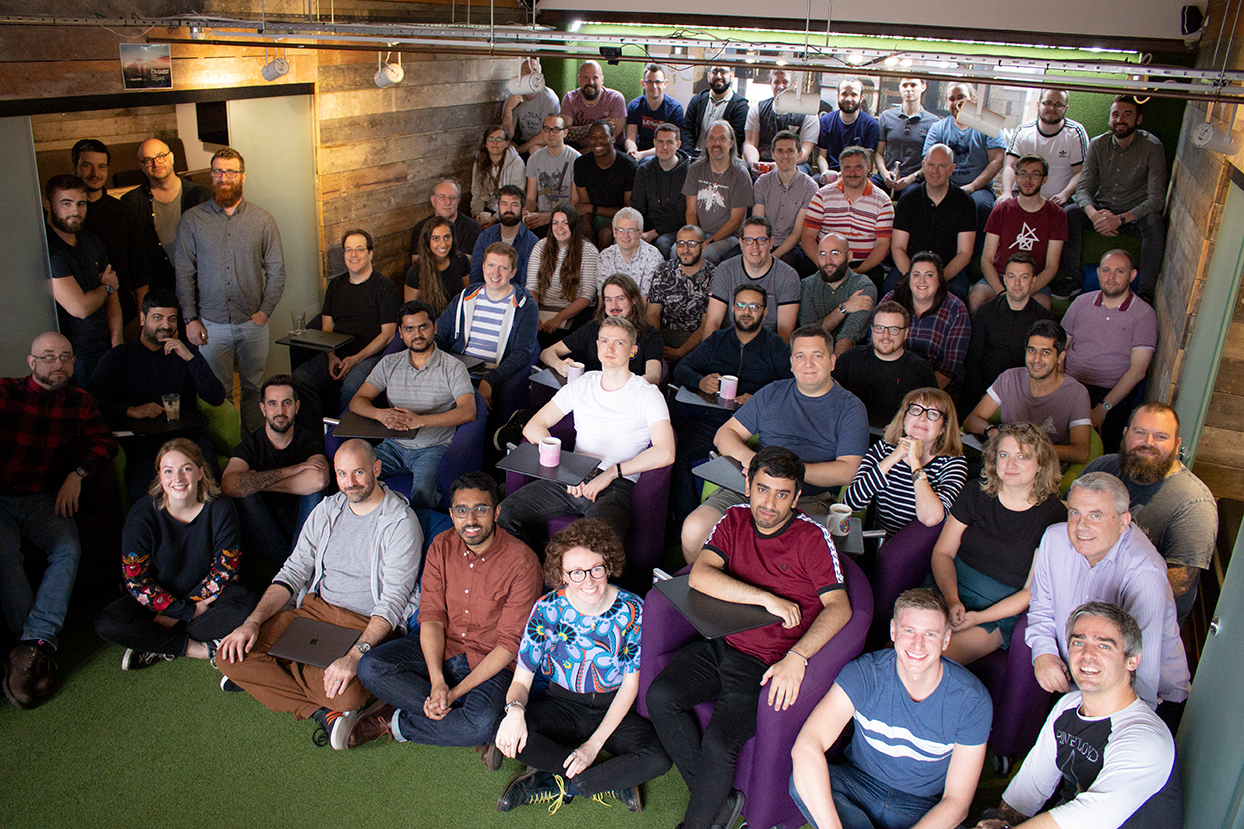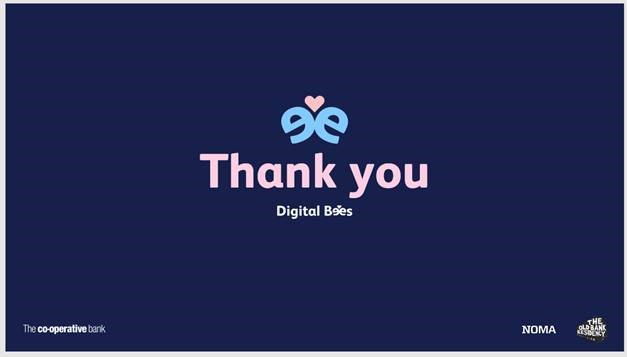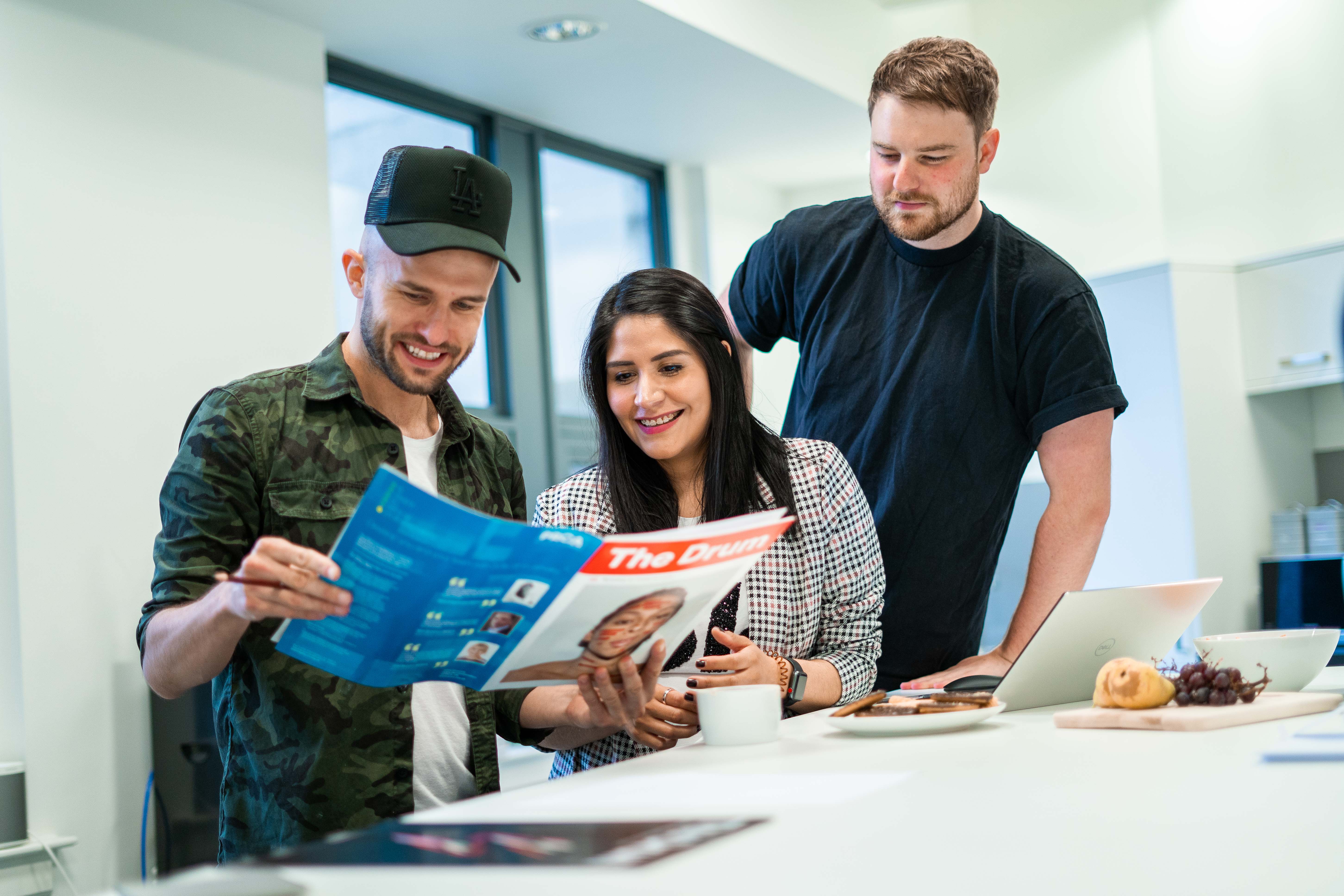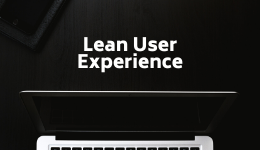
Digital Transformation Stories is a new series of interviews Manchester Digital is conducting with our members, ranging from those who help facilitate digital transformation processes to those who have been through or are going through a transformation themselves, to find out more about their experiences of digital transformations and share their advice.
This week, we spoke to Caz Farrell, Principal Agile Project Manager at Zühlke.
What impact do you think the Covid-19 pandemic has had on how businesses approach digital transformation, and what trends do you think we’ll see fuelling digital transformations post-pandemic?
For many years organisations have been rejecting the idea of working from home. Snow days have had to be unpaid leave or use annual leave because businesses couldn’t get their head around their staff working from home for one reason or another. The pandemic has forced us to get really creative with our solutions – it was described to be as an enabling constraint to me, back in February last year, and I like the term. The dimension of working together in the office was removed: That was our constraint. We’ve found ways of recreating or bettering what we did before but largely from home.
To use an example from home – I have a group of friends geographically distant. There are eight of us. We’ve always struggled to get dates in the diary and find a place we can all meet and have only once managed to get all eight of us in a room together, due to work or other commitments. Covid meant we missed our Christmas get together, but it did mean we could all get together because we used Zoom and it created a level playing field. In hindsight it was something that was always available to us, but we didn’t see it before – Covid, or the dimension of not being face to face, allowed us to see something we’d missed previously. Agile ceremonies have worked similarly.
What role does culture have to play in digital transformation, and how can businesses create a culture that embraces digital and mitigate risks?
I’m a big believer in Simon Sinek’s “Start with why”. People want to know where they’re going and why. If there is a compelling reason why, that people understand, they will get on board and drive with you. This why needs to be understood at all levels of the business so that any person, at any level, could explain it to anyone else. Somebody once told me that if you don’t know where you’re going, you’re just a bum on a seat – we don’t want bums on seats – we want everyone to be able to drive, so we all need to know where we’re going, with that “why” in our head so that when we hit a roadblock, we are motivated to get it resolved and continue on our way.
Culture is our shared set of values and behaviours. Culture will be dictated by the lowest common denominator you allow in terms of behaviour. The phrase “it only takes one bad apple” is so apt for culture – it just takes one person’s bad behaviour to be allowed to set a precedent/be a role model to others so, for me, never compromise on behaviour. Set the standard and ensure you hold people accountable – how you get results is super important, not just the results themselves. Any targets you might set should be inclusive of the culture and behaviours you want to cultivate. If you want teams that work together, set team targets, not individual targets that can reward poor behaviours. Sales is a good example of this: If you set individual performance targets this can encourage people not to collaborate and share ways of working, secretive behaviour to keep clients/deals etc., and this ultimately works against a company.
How can businesses learn where they should be focusing their efforts and navigate roadblocks?
Collaboratively create a series of shared target conditions and regularly poll your team about whether you’ve met/are meeting your target conditions. Lots of companies are using variations of OKRs lately and it’s hard to get the measures right without vanity metrics, but your team’s perception on how you’re doing will tell you an awful lot and will give you an indication of what matters and where you need to spend more time.
How can businesses keep pace with changing technologies to ensure that they're delivering the best possible service?
Create a learning environment in your organisations. Technology people love technology – my experience has been that it’s harder to stop technologists from bringing in new technology in favour of trying to bring it in at the right time. However, changing tech is not necessarily synonymous with providing the best service and it’s best to assess each change on its merit than to assume all changes in tech are good.
Technical road maps or radars can play a role in visualising what technology exists and where we’re going. We can give deliberate attention to retiring old tech or services as well as bringing new technology on board.
Thanks Caz!
To find out more about Zuhlke, click here.
Want to tell your digital transformation story?
If your company would like to feature in a future edition of this series, contact thom@manchesterdigital.com for more information.









